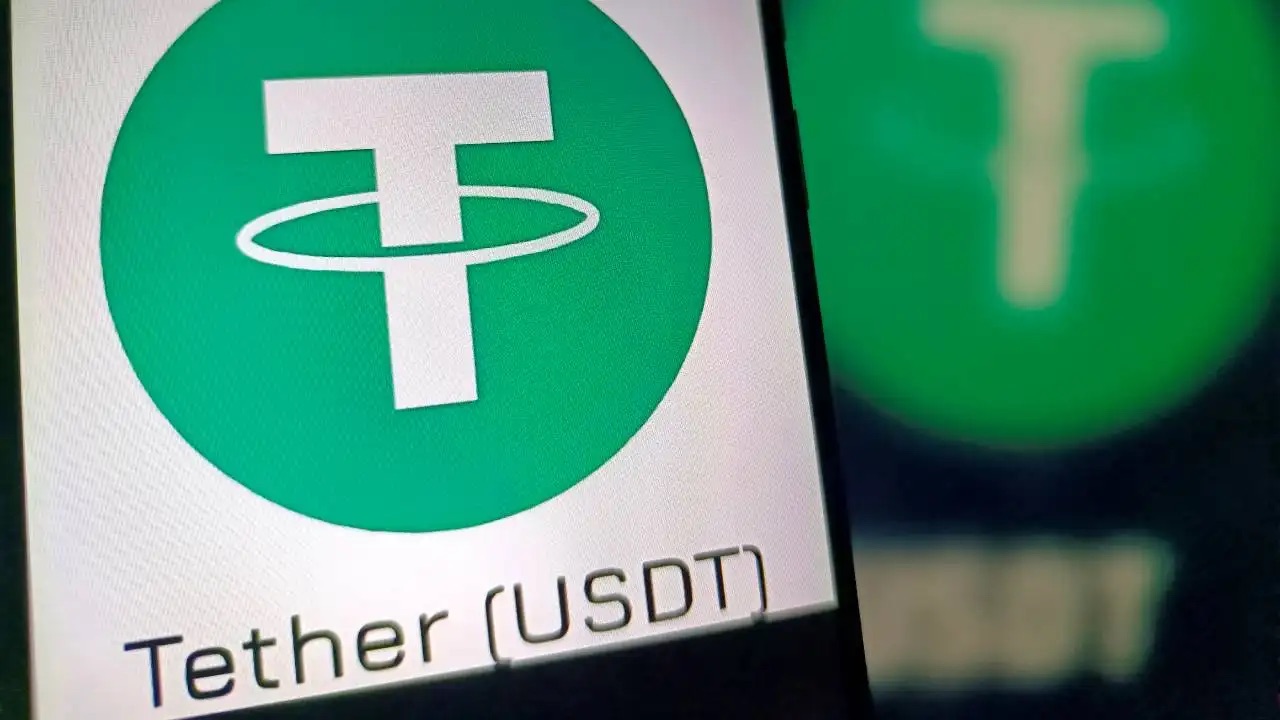Mark Uyeda, the Acting Chairman of the U.S. Securities and Exchange Commission (SEC), recently stated that the SEC is considering dropping a rule amendment that aims to expand the definition of alternative trading systems (ATS), which is expected to exempt most cryptocurrency companies from being required to register as exchanges. On the other hand, a clear regulatory basis and legal source are still lacking.
The SEC Considers Dropping the Rule Amendment
At yesterday’s Washington conference of the Institute of International Bankers, Acting Chairman Uyeda of the SEC said that he has instructed SEC researchers to explore the possibility of dropping some of the proposed rule amendments. The amendment was originally intended to expand the scope of regulation of alternative trading systems and was expected to include cryptocurrency enterprises:
“Given the strong opposition from the public to extending the definition of exchanges to the cryptocurrency field, I have asked SEC staff to provide options for dropping parts of this proposal.”
Uyeda added, “In my opinion, it was a mistake for the SEC to try to tie the regulation of the Treasury bill market with harsh measures against the cryptocurrency market.”
The Shift in the SEC’s Regulatory Direction
It is reported that an alternative trading system, also known as an alternative trading system (ATS), refers to a trading system that is not set up by existing exchanges. It was first in 2018 that former SEC Chairman Jay Clayton formulated clearer regulatory rules for the U.S. Treasury bill market.
Subsequently, after Gary Gensler took over as the Chairman of the SEC, he made significant changes to this rule and attempted to expand its scope of application to the cryptocurrency field. However, the ambiguous definition method has been widely criticized.
Uyeda said, “In 2022, the new version of the rule redefined the regulatory scope of ‘exchanges’, which even included the undefined ‘communication protocols’.”
This led to a variety of protocols in the cryptocurrency market being included in the regulatory scope without warning, forcing them to comply with regulatory standards similar to those of traditional securities exchanges.
However, this does not mean that the SEC will not regulate the cryptocurrency market. It may just adopt different approaches, including introducing a dedicated digital asset framework, instead of directly applying the rules of the traditional financial market.
The SEC Softens Its Attitude towards Cryptocurrencies
During Gensler’s tenure, he took a tough regulatory stance towards the cryptocurrency market and initiated hundreds of enforcement actions against cryptocurrency enterprises since 2021. With the inauguration of U.S. President Trump, he also resigned at the end of January this year. Previously, Trump had promised during his election campaign that he would replace the SEC Chairman if elected.
After his departure, the SEC’s attitude towards the cryptocurrency market has obviously changed. So far, many companies, including Binance, Coinbase, OpenSea, Robinhood, Aux Cayes FinTech (a company under OKX), Uniswap Labs, and Gemini, have announced that they have successively gotten rid of lawsuits or investigations from the SEC.
In addition, the SEC has established a special cryptocurrency task force responsible for formulating a digital asset regulatory framework, led by Commissioner Hester Peirce, who has a pro-cryptocurrency stance. This indicates that the SEC may be moving in a more friendly direction and is expected to promote the clarification of cryptocurrency regulatory policies.






